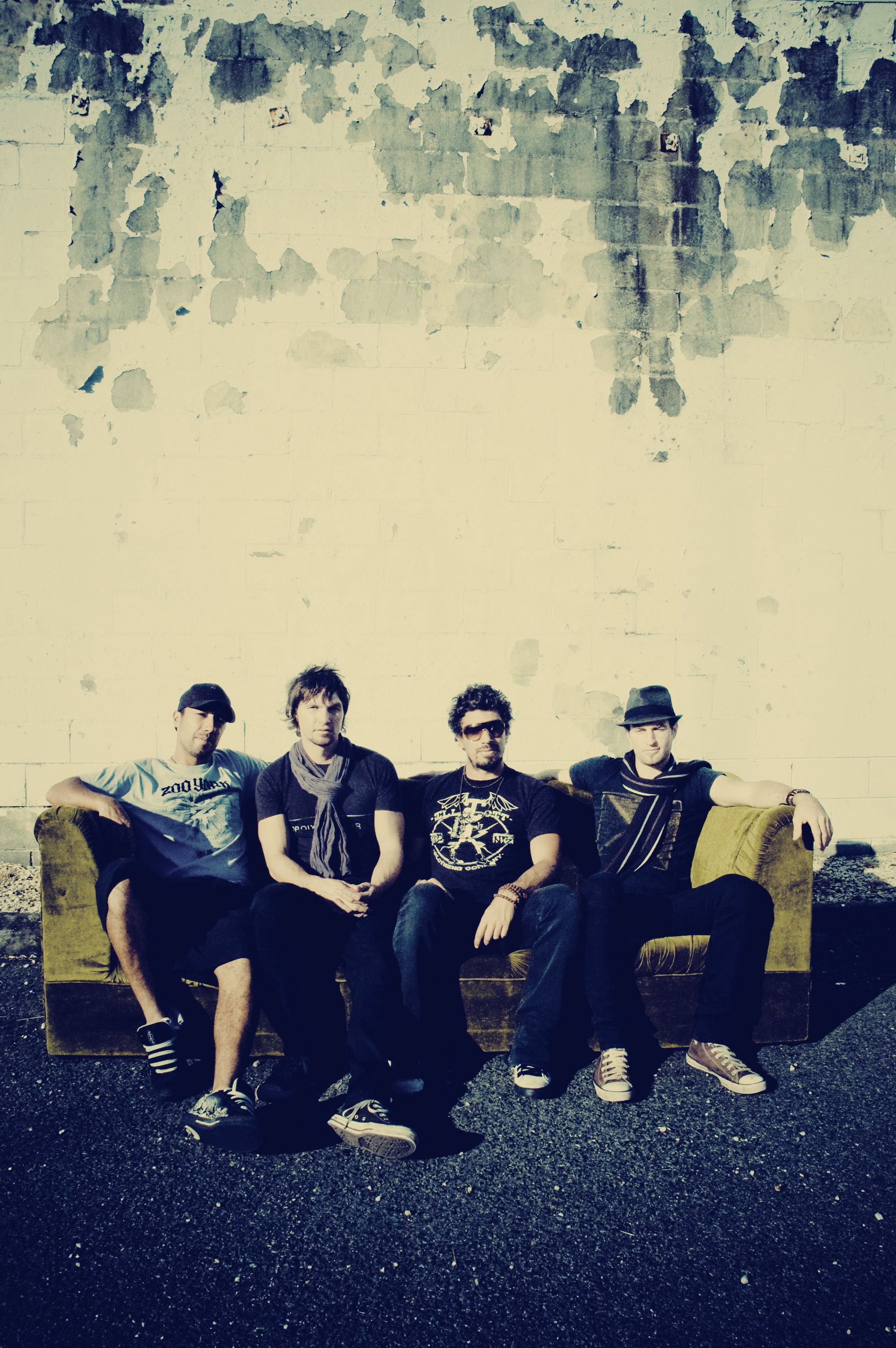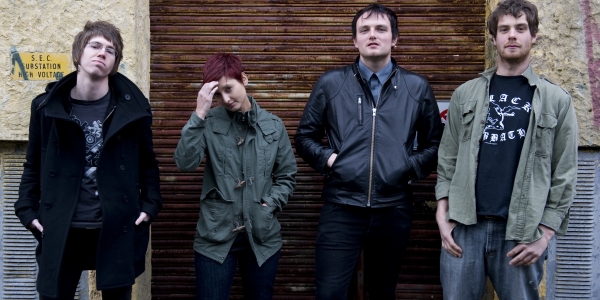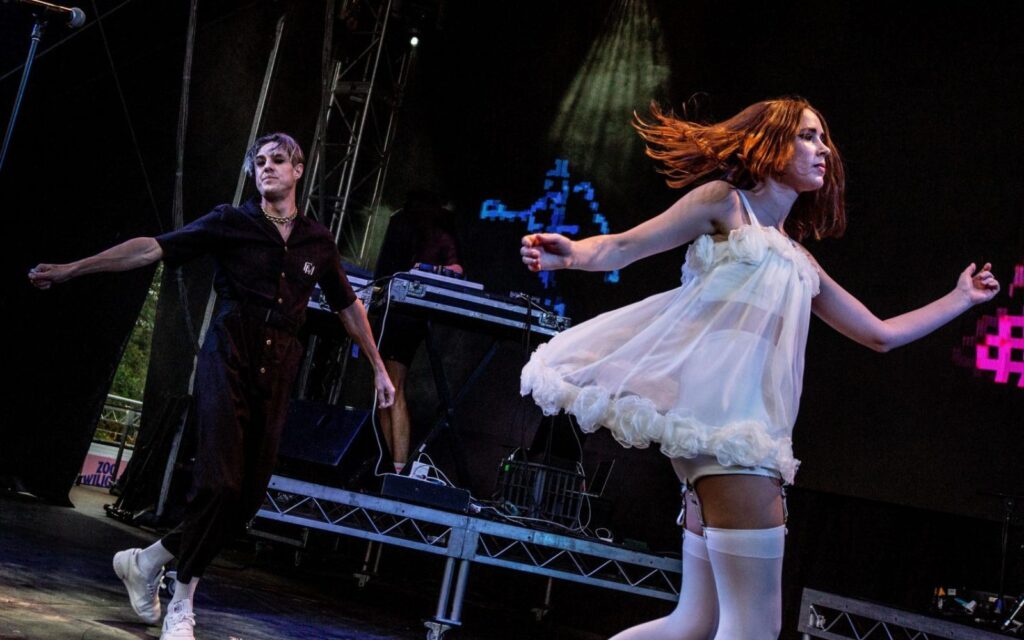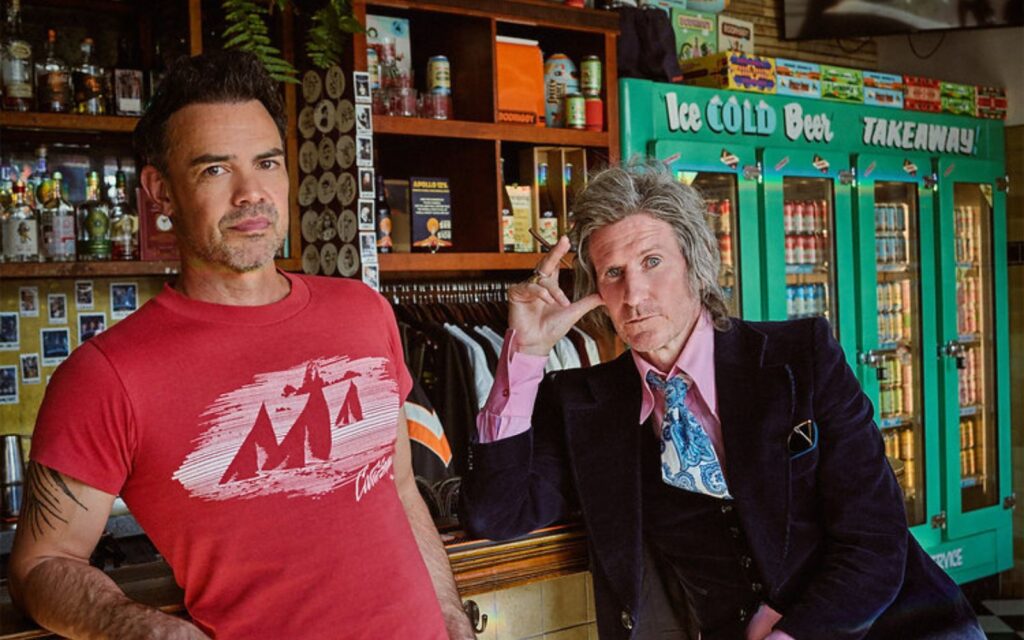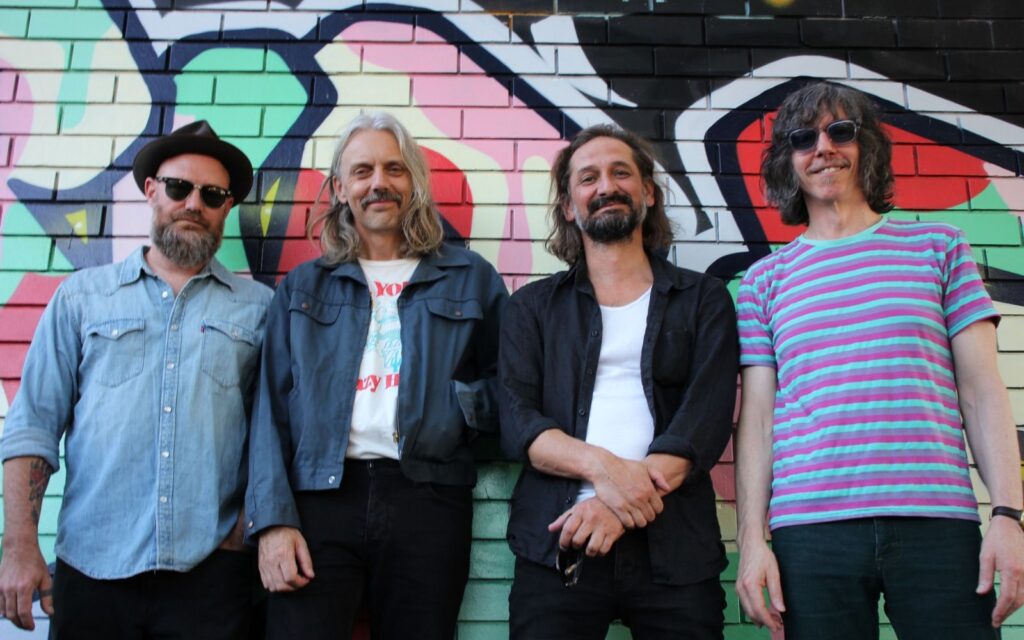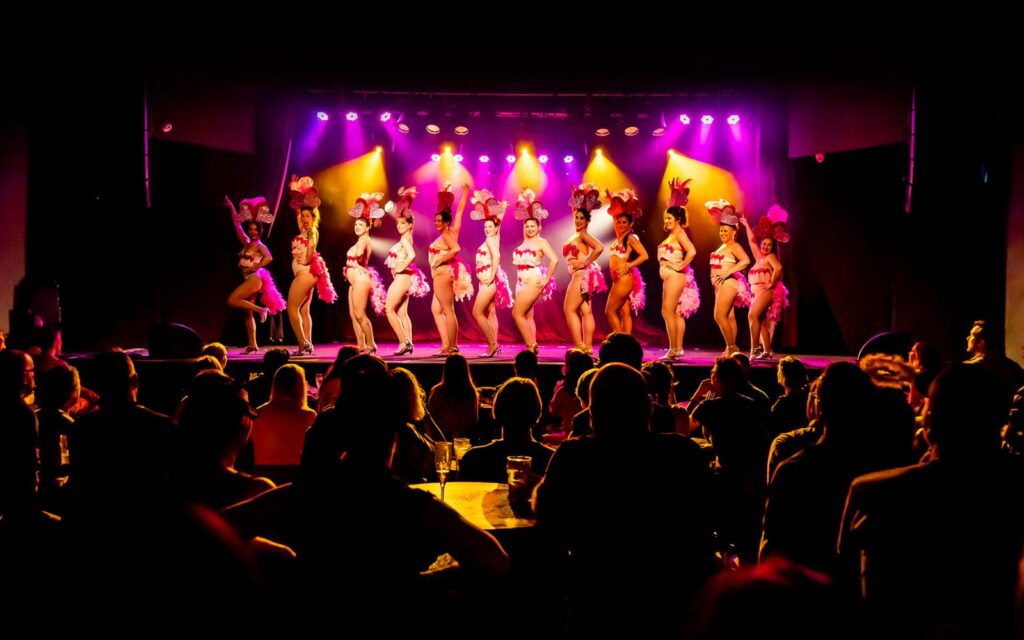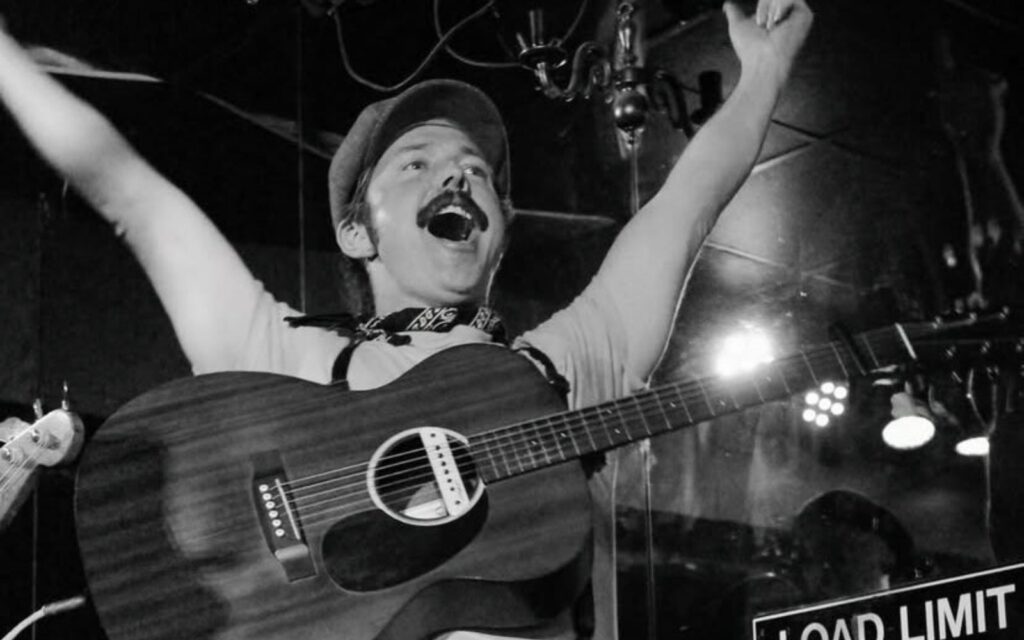“Yeah, we were always kind of a square peg in a round hole on the Gold Coast,” says Paul George TJ’s vocalist and guitarist.
“There’s not a great deal of world music on the Gold Coast,” he chuckles, “but we’d always been mucking around with samplers and stuff like that when we were younger.”
To suggest that Tijuana Cartel have evolved since they left the Gold Coast is to undersell the journey they are on. The band’s name has appeared on festival posters as diverse as Byron Bay’s Bluesfest and Beaufort’s Rainbow Festival. Yet they can also rock it out in smaller pubs and clubs through regional Australia, which was exactly where the band (Paul, percussionist Daniel Gonzales, Carey O’Sullivan on keys and guitars, Josh Sinclair on trumpet and regularly features MC Regan Hoskins) were heading when Paul and I caught up on the phone.
“We used to do hotel lobby music, really chilled stuff,” Paul says. “We are getting heavier and yes in the sense we are going through a reverse evolution.
“We are always second guessing ourselves and a fairly self-critical. But we are finding more and more that we feel more at home at Rainbow Serpent or Splendour, festivals where the crowd is more accepting of electronic sounds for sure, but the sound is still coming from a roots base and we hope don’t ever lose that origin.
What makes Tijuana Cartel so unique is their ability to so beautifully combine elements of so many different musical origins into one track.
“We blend all our personal influences together into our own sound, I’m into flamenco guitar and world sounds, where as Carey is more into break beat and electro styles, Regan and Gonzalez also add their own take on the music.” Paul explains, “From there the songs pretty much go on their own journey. It’s not at all contrived and there are no limitations on what style they will be, although it does seem that when we add all the influences together there is a similar direction that the songs take on.
He goes on to say that TJs international travels have also tremendously impacted on the band new album, M1.
“We toured India for six months and we recorded a few musicians there that we used on the album. We spent a considerable amount of time in the clubbing scene in the UK, which has really influenced our beats. We travel for the experience but we also keep the music in mind, if someone turns up with an odd instrument we’ll try to capture it.”
Even as far back as 2007 TJ were looking at new sounds, Carey told one website, “Fortunately, there’s been some new styles emerging over the past few years though. Stuff like reggaeton and dubstep which are opening people’s minds and showing that it doesn’t have to be a monotonous straight rhythm for people to dance. That gives us a lot more space to work in which is great.”
The diversity of venues and the varying crowds the band has found over the years has greatly influenced M1, as Paul explains, “The studio sound is a direct reaction to the live sound. The bigger the stage we play the bigger the sound we can make and generally the bigger the reaction we tend to get. So we have taken that into the studio when we started this album.
“”It was pretty arduous,” he goes on. “We spent two years all up from the start of writing it ’til now. We really wanted to push ourselves as far as we could go, we wanted to do something different from the last album… one song can have eight or nine parts so it did take a long time to pull it all together, particularly as we were trying things we’d never tried before. I’m really proud of it, it’s the first time I’ve finished an album that I’m actually able to listen to myself! Normally I finish it and I don’t like it anymore!”
Collaborating with mixing engineer Chris Moore, who has worked with the Yeah Yeah Yeah’s, Midnight Juggernauts and TV On the Radio for their new album, Tijuana Cartel have managed to be slightly more vocal, have greater electronic elements and less focus on the guitar, which is all part of the evolution the band are undergoing.
As an incredibly talented, passionate and dedicated musician – you should hear some of the playing on this record – Paul realises that be capturing their vibe and putting it out for all to hear and feel there is, “an element of make or break with M1. Which shouldn’t be attached to music, but we are very confident that we have a base level of fans who are going to grow with us.”
And there has been some significant growth in the band’s sound over the last few years, aided by the band’s adventurousness, musical dexterity and the fact that they dig what they do.
“Oh yeah, we love touring, we love playing, it’s what we all want to do,” says Paul, “jump in the van and go somewhere and play.”
Which has seen the play India as mentioned, but also Beijing during the Olympics and currently they are coming back to Melbourne to pack the Corner with their concoction of multi-layered grooves, splashes of Middle Eastern vocals, lilting Moby-esque soundscapes, Flamenco and slide guitar, trumpet, live & electronic world beats and percussion.
